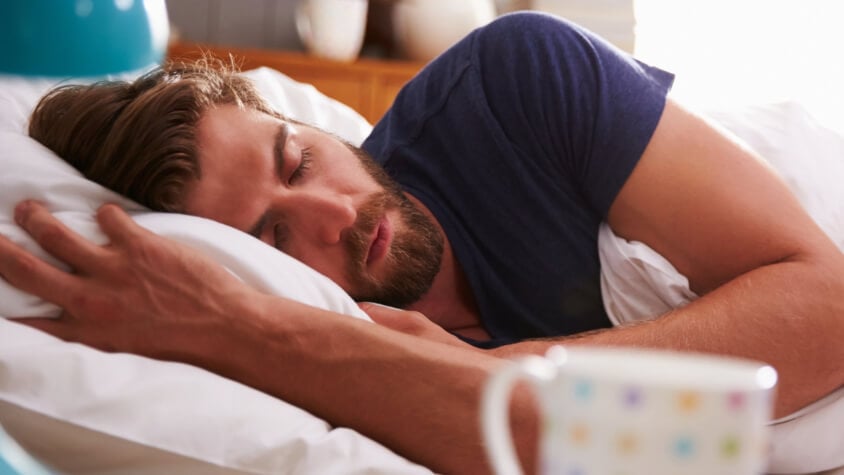Police need sleep...more than most people
Sleep hygiene for police
Sleep deprivation. It seems to be a common issue in today’s society. And for police officers, being properly rested is critical to performance on the job.
One article published in the National Institute of Justice Office of Justice Programs, over 90% of officers’ report being routinely fatigued, and 85% drive while drowsy.
Poor sleep habits isn’t an issue that should be taken lightly. Researchers have shown that being awake for 19 hours produces impairments that are comparable to having a blood alcohol concentration (BAC) of 0.05%.
Being awake for 24 hours is comparable to having a BAC of roughly 0.10%. Not having enough sleep is like driving drunk.
It’s not uncommon for officers to work extended hours. Shift work, or working at times when our biological clock thinks it’s time to be asleep, takes its toll on the body.
What’s worse is these odd hours aren’t regular. Officers never get the chance to get used to regular sleeping patterns.
This messes with natural circadian rhythms, which can create a cycle of fatigue that’s hard to break free from.
Unique challenges
Research into the effects of rotating shift work on health, social and performance points to increased health concerns, judgement errors, and unhealthy sleep patterns.
It appears that scheduling demands, coupled with feelings of low self-efficacy toward managing those demands, resulted in little or no practice of sleep hygiene.
A more productive approach could incorporate a comprehensive behavioural program within departments to instill and reinforce better practice of sleep hygiene.
Nearly half of police don’t sleep well
One alarming study uncovered that 40% of police officers have sleep problems.
The most common sleep disorder was obstructive sleep apnea, followed by insomnia, and shift-work disorder.
Of this research, officers who screened positive for those disorders were also more likely to be burned out, depressed or have an anxiety disorder.
Over the next two years, they committed more administrative errors and safety
violations and were more prone to falling asleep at the wheel than sound sleepers.
In the force, there’s an underlying ‘sleep is for the weak’ attitude which only exacerbates the problem.
“When you’re in an environment where signs of weakness are particularly discouraged, there may be social pressure to not address sleep problems or to shrug them off,” Dr. Michael Grandner, author of the Journal of the American Medical Association, said.
Flow on effects
Problem is, when an officer suffers from sleep problems, it becomes a public health and safety problem.
Officers with a sleep disorder are more than twice as likely as healthy sleepers to report depression, burnout and anxiety disorder.
And interestingly, those officers received more citizen complaints and more often showed uncontrolled anger toward a suspect or citizen.
Let’s take a closer look at what it means to have a sleeping problem. Sleep disorders
There are three transitions of sleeping: wakefulness, rapid eye movement (REM), where we dream, and non-rapid eye movement (N-REM).
Being well rested affects more than just your mental state. It’s critical for healthy hormone levels, mood, and weight.
The most common sleep issues include snoring, sleep apnea, insomnia, sleep deprivation, and restless legs syndrome.
There’s also sleep-related movement problems. Sleep walking, talking and nightmares are common symptoms of a REM sleep behaviour disorder.
For most people, dreaming is purely a “mental” activity: dreams occur in the mind while the body is at rest.
But people who suffer from REM sleep behaviour disorder (RBD) act out their dreams.
